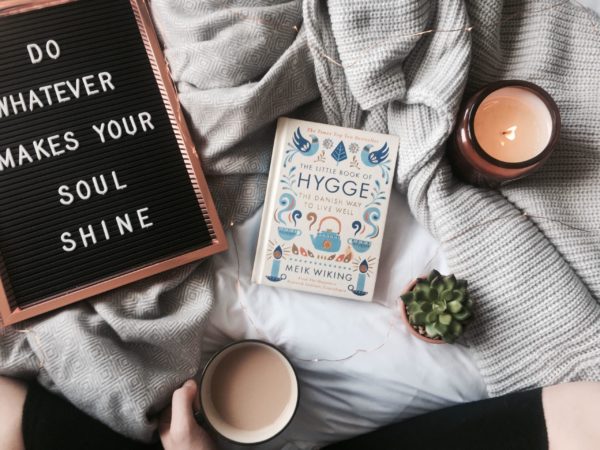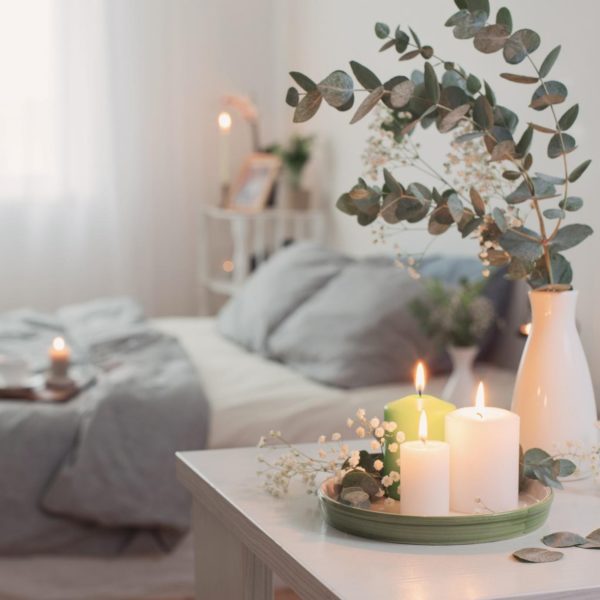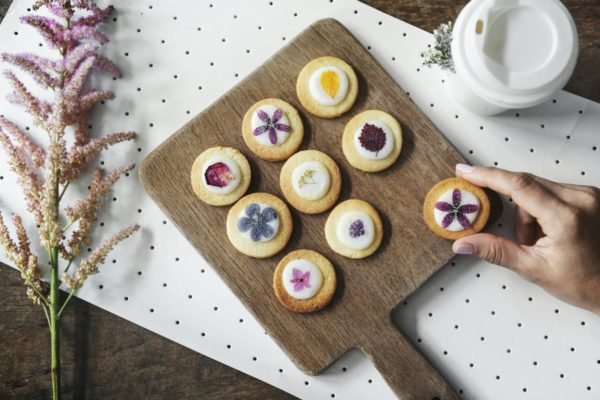
It’s fair to say that our day-to-day lives have drastically changed within the last year. As the COVID-19 pandemic affected nations across the world, it has been essential to adapt our everyday routines to the confines of our own home.
However, time spent indoors doesn’t have to create feelings of boredom and sameness. Although it’s easy to fantasise about the future to escape the present, being conscious of the current moments you’re in and living in the ‘now’ is beneficial for many reasons.
This is where the idea of hygge comes into play. This concept, created by the Danish, is centred around the idea of consciousness. Originally created to tackle feelings of boredom during the long and dark winter months, the idea is to embrace the current scenario you are in and use it as a means to relax, be present, and feel content with your body, mind, and life. Often mistaken as a ‘lifestyle choice’, hygge is more of a feeling than a way of living.
With this said, we dive into what hygge truly means to each individual and why you should practise this feeling as part of your everyday life.
The warming glow of candles

As suggested by Meik Wiking, author of The Little Book of Hygge: Danish Secrets to Happy Living and CEO of The Happiness Research Institute, candles are the ultimate symbol of hygge. So much so, his study finds that 85 per cent of Danish people associate candles with hygge.
So, why is this? Since the idea of hygge is to create feelings of cosiness, presence, and relaxation, candles connote exactly this. The warm, flickering glow of the flames and comforting smells of tropical fruits or flowery scents they fill our rooms with can turn your living room into a place of mindful relaxation.
Many of us have used our living rooms for work purposes during the pandemic. Candles can be an effective way to create the divide between a home and work atmosphere.
More than just loungewear
We all have those staple clothing items in our wardrobe we wear to wrap up warm and cosy on the sofa. Whether it be a pair of joggers, a hoodie, a nightwear set, or even fluffy socks, hygge is all about feeling comfortable and cosy in our everyday life.
To truly embrace the hygge attitude, you could invest in a pair of Hyggebuksers. Although they might not quite be your style, these one-sized pants’ purpose is so much more than to make a fashion statement. It is to offer the utmost amount of movability and comfort.
Comfort eating: the hygge way

A hygge diet teaches us that indulging in some homemade comfort foods every now and then helps embrace that ‘live in the moment’ feeling that this practice is centred around. Whether it’s cookies, cakes, pastries, stew, slow-cooked meat and potatoes, or a big bowl of porridge, these stodgy foods not only warm our stomachs, but connote feelings of comfort and nostalgia from our favourite childhood meals and snacks.
Blankets and books go a long way

Since hygge practices promote the ‘it’s the little things in life that matter’ attitude, finding a night to put the phone and electronic devices down and replace them for a blanket and book can be a comforting addition to your mind and downtime routine. As part of Wiking’s guide to practising hygge, he recommends creating a comfort kit. The kit can include anything that triggers feelings of relaxation and contentment – two of these being books and blankets.
Cosying up with a blanket and diving into a book we’ve been meaning to read for a while is a great way to embrace living in the present. In turn, we can gain a greater appreciation for the little things in life that can provide us with comfort and enjoyment.
As mentioned above, hygge is more a feeling than a way of living. All these small everyday activities don’t entail making any drastic changes to your everyday life, but result in you feeling differently towards it. Whether you find comfort in food, blankets, or candles, finding time out your day to focus on the present activities in your life could see your time at home be more joyful that what you initially thought.
